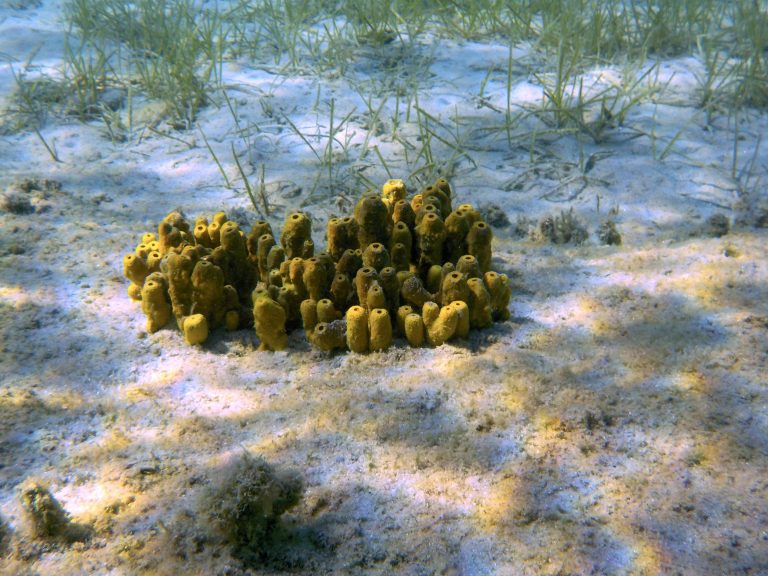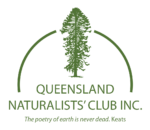
Club Meeting, 18 August 2025; Speaker & Topic: Professor Anthony Carroll – Tastes and smells in the marine environment could help corals and humans
DATE & TIME
- 18 August 2025
- Arrive 7pm for 7.30pm start
LOCATION
- Toowong Uniting Church
Marine organisms such as corals, sponges, molluscs, tunicates and algae use chemicals as defences to stop predation or as signals to communicate with mates, find food, avoid predators or find a place to live. Some of these chemicals have applications that we can use to treat diseases. This talk will cover topics in marine invertebrate chemical ecology that I have been involved in over my career. Some of our discoveries have benefits for human disease treatment and I will describe some of these.
Tony initially studied the chemistry of rainforest plants (BSc Hons and PhD) at Sydney University in the late 1980’s but marine natural products (NPs) and chemical ecology became a major focus after postdoctoral fellowships at the University of Hawaii and at James Cook University. Fifteen years as head of natural products chemistry for the AstraZeneca/Griffith University drug discovery project expanded his interests to include drug discovery. Since 2008 he has held a faculty position at Griffith University, Gold Coast where he is currently a professor.
Tony’s research centres on the NP chemistry of plants and marine organisms and includes drug discovery, isolation and structure determination, chemical ecology, chemotaxonomy, synthesis and the development and application of analytical methods. Tony has published over 250 peer reviewed journal articles, has two patents and has been awarded over $5m in research funding.
He studies nudibranch communication, invasive species in artificial reefs, coral reproduction and settlement and jellyfish chemical ecology. He uses inhouse developed high throughput screening methods to discover anti- amyloid NPs isolated from marine organisms and plants to be used as leads for Parkinson’s disease, prions and other neurodegenerative diseases and as potential treatments for malaria, bacterial infections and cancer. Prof Carroll has supervised over 50 postdocs, PhD students and honours students over his career and currently has a research group comprising one research fellow, and 7 PhD students.
